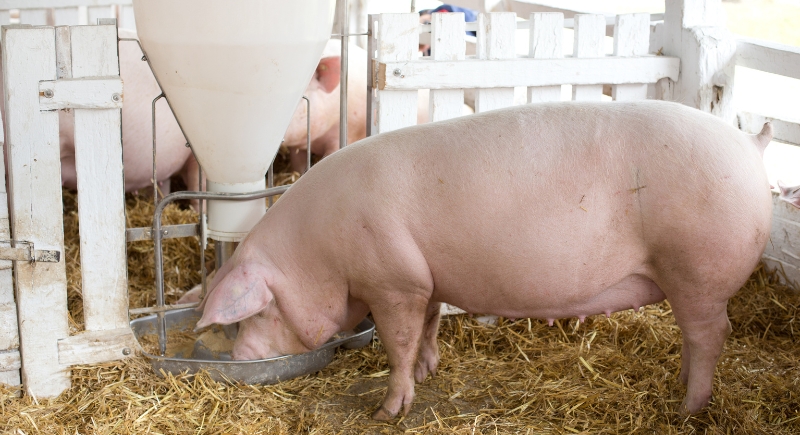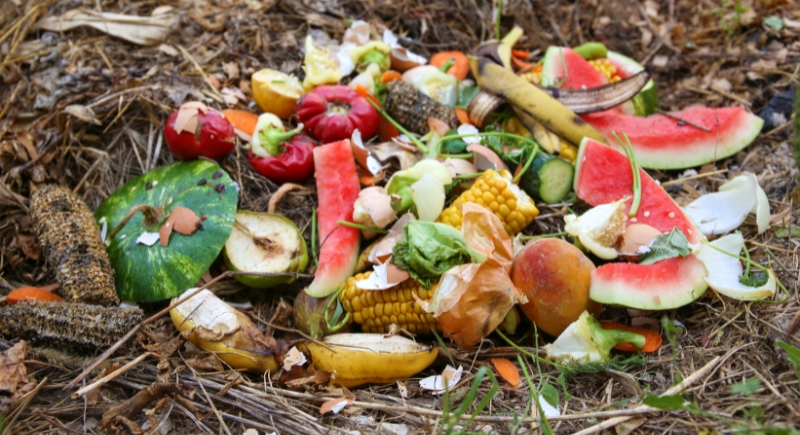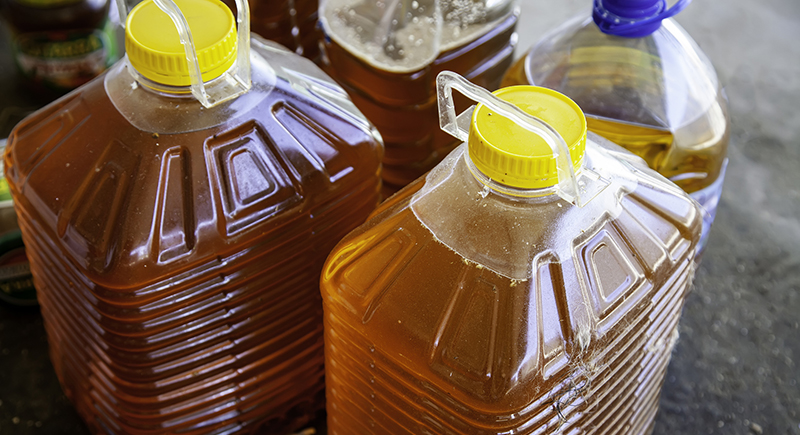What Really Happens to All That Extra Food at Las Vegas Buffets
Las Vegas buffets are legendary for their variety and size, but there’s an equally fascinating story behind what happens when all that food doesn’t get eaten. Surprisingly, the city has developed creative and practical systems to deal with the massive amounts of extra food that come with serving millions of guests each year.
Buffet Food Goes to the Pigs

Image via Getty Images/Jevtic
One of the biggest solutions has traditionally been sending leftover food to local pig farms. Resorts and casinos like MGM Resorts and Caesars Entertainment used to send buffet scraps to Las Vegas Livestock, a farm that was run for decades by Robert “Bob” Combs.
That farm, which fed thousands of pigs with leftover buffet food, closed in 2020 after a fire, and Combs has since retired. Today, some resorts continue the practice of donating food scraps to other local farms, helping keep millions of pounds of food out of landfills each year while supporting livestock feeding operations.
Donations That Actually Feed People
Not every tray of buffet food is destined for pigs. Hotels also work with local food banks such as Three Square. Using freezing technology, untouched food is preserved safely before being distributed to families in need.
In fact, MGM has donated thousands of pounds of food this way. While strict health codes mean most prepared buffet food can’t be served again to humans, untouched surplus has become a lifeline for many in the community.
A Push Toward Compost and Recycling

Image via Canva/Viktoriia M1
When food can’t go to farms or food banks, many properties compost it. Casinos like Station Casinos and Boyd Gaming’s Suncoast mix their leftovers with paper waste to create compost used as fertilizer.
Some even go further: oyster shells collected from MGM are shipped across the country to Maryland to help restore oyster beds. This kind of recycling effort takes what would be trash and gives it a second life.
Turning Waste Into Fuel

Image via iStockphoto/Sergi Nunez
Food grease and oils from buffets don’t always go in the trash either. Properties around the city send waste oils to companies that convert them into biofuel. This move not only reduces disposal costs but also contributes to clean energy efforts. Some casinos even receive credits for the biofuel produced.
Smarter Buffets for the Future
While sending leftovers to pigs, food banks, compost heaps, or biofuel facilities is effective, many Las Vegas resorts are now focusing on preventing waste before it even happens. By tracking consumption data, they order more precisely and reduce the amount of food left unused in the first place.
With around 42 million tourists visiting the city annually and buffets like Caesars Palace’s Bacchanal offering 500 dishes a day, these smarter systems are essential. As new technology and innovative programs develop, buffets in Vegas may one day be just as famous for their sustainability efforts as they are for their over-the-top spreads.